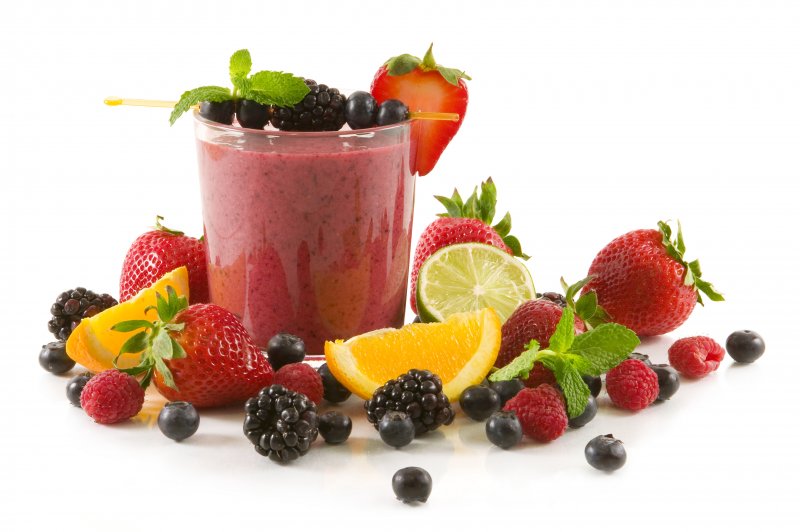
When you come back from visiting a periodontist, you probably aren’t surprised when they tell you that brushing, flossing, and routine exams and cleanings are essential for keeping your gums healthy. But did you ever stop to think about how your diet plays a role in your gum health as well? The fact is if you’re constantly eating sugar, your mouth is going to produce far more plaque, which attacks the gums. Alternatively, making sure your diet is rich in these vitamins can help reduce your risk of developing gum disease in Frisco.
How Bacteria Causes Gum Disease
Before you improve your diet, it’s important to understand how gum disease forms in the first place. For starters, bacteria consumes sugars and starches, which generates plaque. When plaque goes unremoved for too long, it can cause tartar buildup, which is a calcified form of plaque that can only be removed by a dental professional. As bacteria, plaque, and tartar continue to form along the gum line, it irritates the gum tissue and causes inflammation. This creates pockets of gum tissue in between teeth, making it even easier for bacteria to thrive. Not only does this cause discomfort and sensitivity, but it also makes it more difficult to practice oral hygiene.
Brushing and flossing matter, but having a diet high in specific ingredients ensures your gums are less susceptible to gum disease in the first place.
Essential Vitamins and Minerals for Gum Health
The key to maintaining a gum-friendly diet is to include antioxidants and anti-inflammatories in your daily food intake. This includes:
- Vitamin C
- Vitamin D
- and Vitamin E
The anti-inflammatory properties within these vitamins keep inflammation under control. Their antioxidant properties work to heal and repair gum tissue as well as contribute to anti-inflammatory properties. This helps you lower your risk of developing gingivitis and improve the effectiveness of other treatments you are already completing to treat gum disease.
Vitamin C in particular works to both provide antioxidants and build connective tissues that keep gums healthy. This is because vitamin C is essential when the body is building collagen, a material used to repair and maintain gum tissue.
Which Foods Should You Consider?
Incorporating foods rich in these vitamins can make a huge difference in your long-term gum health! A few foods to consider include:
- Tomatoes
- Cauliflower
- Broccoli
- Brussel sprouts
- Sweet potatoes
- Green and red peppers
- Fatty fish
- Cheese
- Egg yolks
- Foods fortified with minerals (such as milk, orange juice, and soy milk)
- Nuts (including pine nuts, almonds, hazelnuts, and peanuts)
- Sunflower seeds
- Leafy greens
- Avocados
- Mangos
Want to reduce your risk of gum disease and give your diet a boost along the way? A few small changes can make all the difference!
About the Author
Dr. Zachary Carnow is proud to be part of a long lineage of dental professionals and works as a periodontist in Frisco. His many years of expertise allows him to both treat varying degrees of gum disease and other gum-related conditions. If you’re in need of gum therapy or another periodontal treatment, don’t hesitate to contact him through his website.
